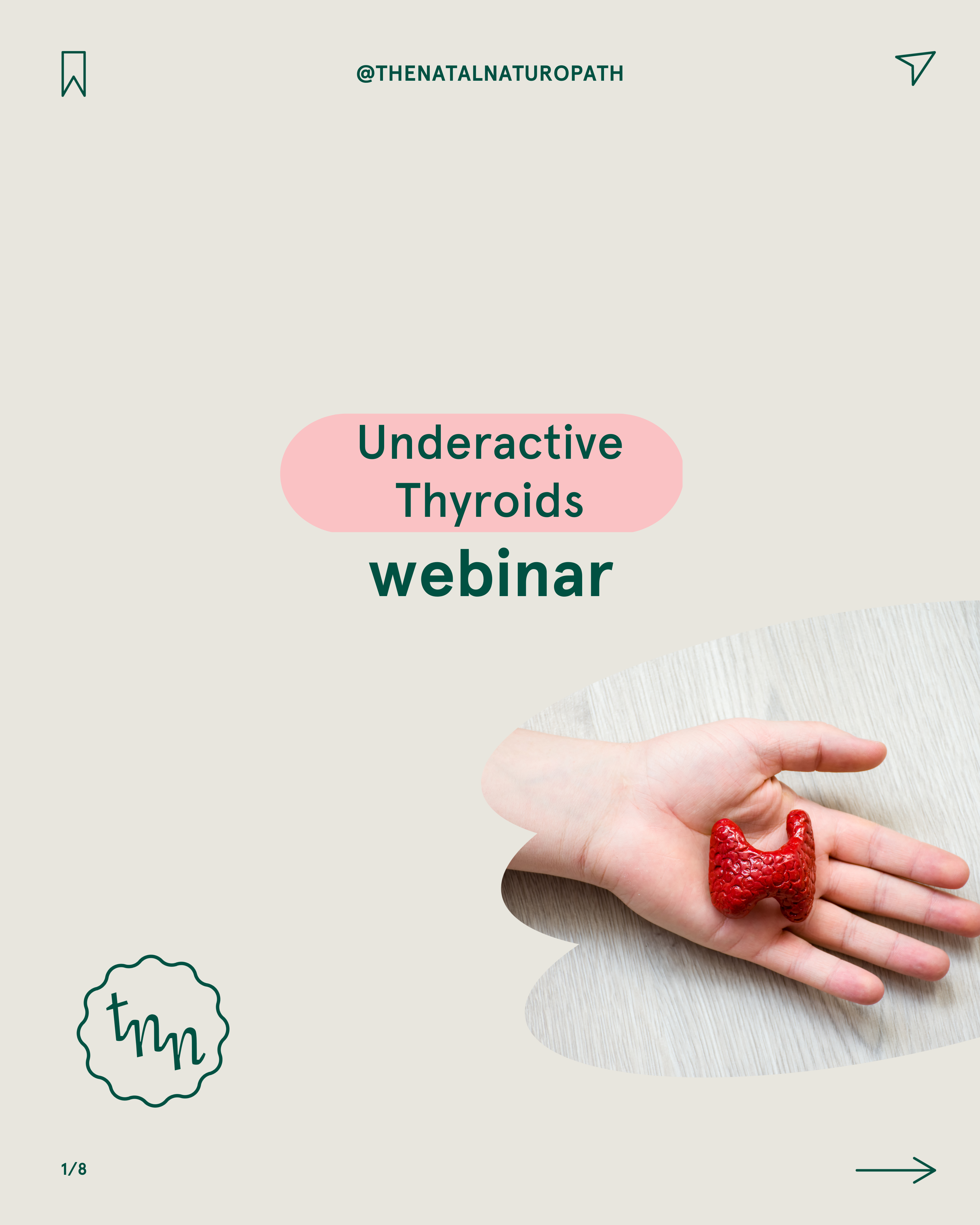Always stressed? Here's how to lower your cortisol levels.
Do you always feel stressed? Here's why it's time to work on your cortisol...

As you can see in the graphic above, high cortisol and adrenalin (for a sustained amount of time) is so very detrimental to your health. Honestly, it would be the number one factor in sooo many women I see through the clinic. Unfortunately, our modern lifestyles have so much to answer for in why we as women and mothers are almost permanently stressed.
It almost feels like we are swimming in the ocean, and for the most part feel like we are only able to come up for a breath of air every so often - before we get shoved back under the water. And I can't help you with the fact that us mothers, will in reality have to stay 'under the water' for a long while whilst our children are little. But what I can help you with, as a naturopath, is equipping your body with enough stress resilience that you can sustain yourself 'under the water' for far longer without feeling like you are totally drowning.
Cortisol, often referred to as the 'stress hormone,' is produced by the adrenal glands in response to stress and low blood-glucose concentration. In moderation, cortisol plays a vital role in helping us manage stress effectively, maintaining homeostasis in our bodies. However, problems arise when we are exposed to prolonged stress, leading to consistently high levels of cortisol.
The Downside of High Cortisol Levels:
Weakened Immune System
Chronic stress can weaken your immune system, making you more susceptible to infections and illnesses. High cortisol levels can suppress the effectiveness of the immune system by lowering the production of lymphocytes.
Weight Gain
Cortisol can increase appetite and signal the body to shift metabolism to store fat, particularly in the abdominal area. It can affect your insulin levels, and can lead to weight gain and associated health risks like diabetes and heart disease.
Heart Health Risks
Elevated cortisol levels are linked to higher blood pressure and increased heart rate, putting additional strain on your heart. Over time, this can lead to cardiovascular problems.
Mental Health Impact
Sustained high cortisol levels can affect your mental health, contributing to symptoms of anxiety and depression. It can also lead to fatigue and irritability, impacting your daily life and relationships. This occurs by suppressing happy hormone production.
Digestive Problems
Chronic stress can disrupt your digestive system, leading to issues like heartburn, indigestion, and even irritable bowel syndrome (IBS). This leads to LESS nutrients being absorbed, and therefore less nutrients to have good energy, make happy hormones etc.
Insomnia
High cortisol levels can disrupt your sleep patterns, leading to insomnia. Lack of sleep not only affects your energy levels but also has long-term health implications. This can happen as cortisol can suppress serotonin from being converted into melatonin.
Hormonal Imbalance
In women, prolonged exposure to high cortisol levels can lead to irregular menstrual cycles, PMS, PMDD, decreased libido, and ovulation problems.
Regular Exercise
Engaging in regular physical activity, especially aerobic exercises like walking, jogging, swimming, or cycling, can be so effective in reducing cortisol levels. Yoga and pilates are also excellent for stress reduction. HIIT training such as F45, CrossFit, are completely off the table if you are trying to recover from permanently high cortisol levels.
Breathing:
Your body is so clever - it knows when you are breathing fast and shallow to switch your sympathetic nervous system ON (stress), and it knows when you are breathing slowly and calmly that you are in a good place and you can't be stressed. It then switches your parasympathetic nervous system on. So by forcing yourself to breathe slowly, deeply often during the day it can actually force your stress hormones to lower automatically! These practices help shift the body's response away from the stress response.
Adequate Sleep
Ensuring quality sleep and maintaining a consistent sleep schedule are essential. Lack of sleep can elevate cortisol levels, so aiming for 7-9 hours of sleep, and go to sleep by 10pm each night.
Healthy Diet
Consuming a balanced diet rich in whole foods can help regulate cortisol. Foods high in omega-3 fatty acids (like salmon), as well as fruits, vegetables, nuts, and seeds, are particularly good choices. Reducing caffeine and sugar intake can also help.
Relaxation Techniques
Activities like listening to calming music, reading, or taking a warm bath can help lower cortisol levels by reducing stress.
Limiting Stimulants
Reducing the intake of stimulants such as caffeine, especially later in the day, can help reduce cortisol levels and improve sleep quality.
Time in Nature
Spending time outdoors, particularly in green spaces, can lower stress and cortisol levels. This is sometimes referred to as "forest bathing" or "eco-therapy." Earthing is also incredible, which is the practice of being barefoot on the earth, in the grass.
Laughter and Fun
Engaging in activities that make you laugh and bring joy can be a powerful antidote to stress. Your body knows you won't be laughing and having fun if you are stressed/in survival mode, so when having fun you won't be producing a lot of cortisol.
Supplements
Supplements, like ashwagandha (withania), Rhodiola rosea, magnesium, B-vitamins, zinc are known to help reduce cortisol levels. However, it's important to consult with a healthcare provider before starting any supplements so book in with us if you want a personalised prescription.




 You're only $120.00 away from unlocking free shipping
You're only $120.00 away from unlocking free shipping



